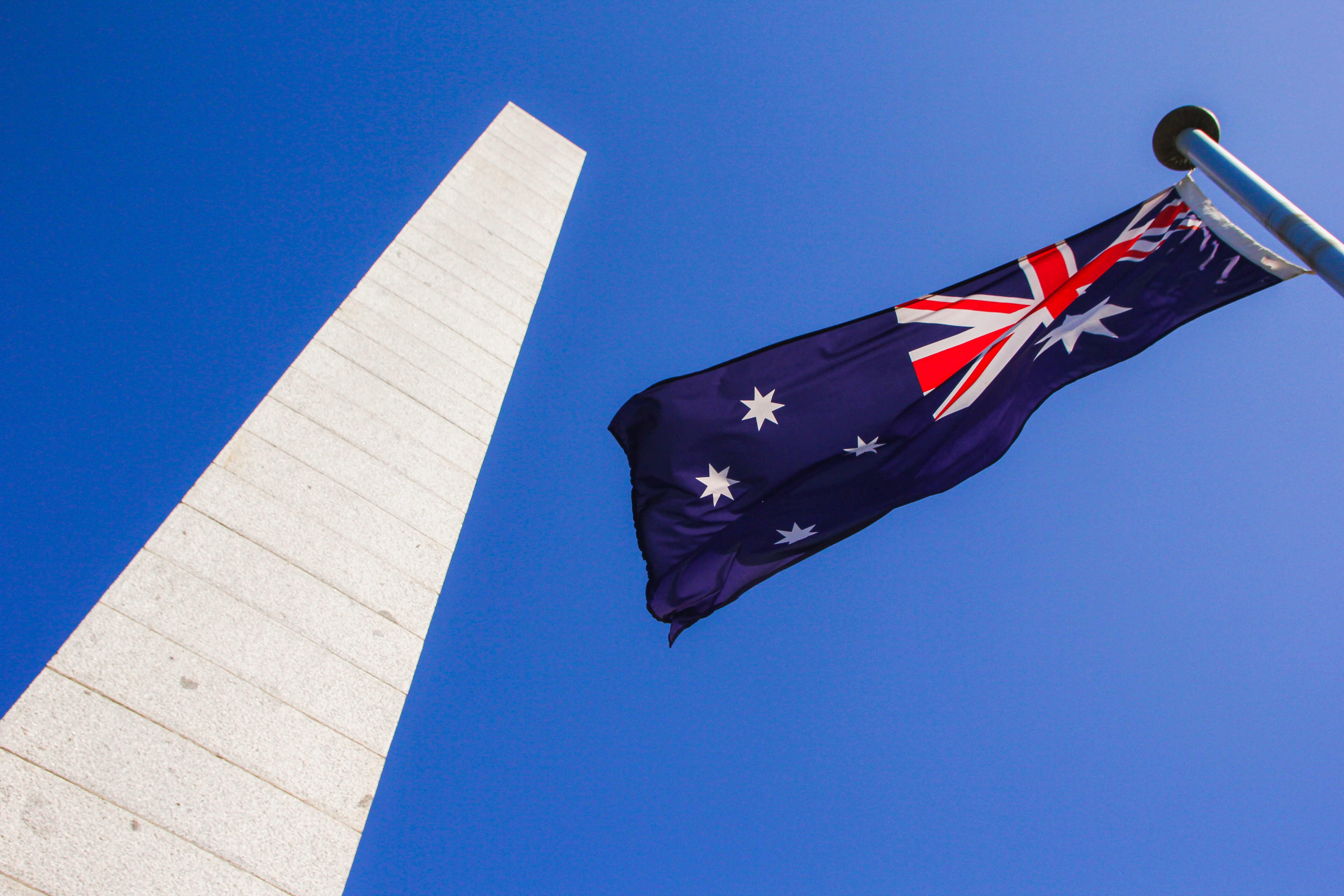Why are Partner Visas Number one for Christmas?
Every year I notice that in the weeks leading up to Christmas there is a dramatic rise in the number of visa enquiries about Partner Visas.
There may be a number of reasons for this and here are some of my explanations:
With the warmer weather and festive season, love may be in the air.
· It is common for WHV holders to meet someone special that is an Australian Citizen or Permanent Resident, and to consider lodging a Partner Visa onshore. Working Holiday Visas holders often arrived in Australia in summer and often their visas are nearing expiry late in the year. On the 30 June 2014, between the Work and Holiday Visa (462) and the Working Holiday Visa (417), there was a total number of 151,201 visa holders.
· Student visa holders often have a visa expiry date of the 15 March and so in December they may be considering their next visa, which if they are in a relationship with an Australian Citizen or Permanent Resident, may be a Partner Visa.
· It could be that the approaching end of the year means that people start planning or the next year and a Partner visa may feature in the planning.
Whatever the reason, if you are interested in applying for a Partner visa, or in being a sponsor for a Partner visa, then the following information may be useful.
Which Partner Visa should I you apply for?
Which one is best, depends a lot on your situation.
There are three main options in terms for partner visas.
· Partner Visa Onshore
· Partner Visa Offshore
· Fiancé Visa (Prospective Marriage Visa)
The Partner Criteria are also very relevant if you are adding a partner to an existing visa. When adding a Partner, the key difference, is that the application is based on one of the partners holding a relevant visa, and not on one of the partners being an Australian Citizen or permanent resident. The common criteria of a spouse relationship – a continuing and genuine relationship to the exclusion of others, will apply.
I will provide some information on these various options.
Partner Visa Onshore – Temporary and Permanent
All partner visas must have a sponsor and a primary visa applicant. The sponsor must be an Australian citizen, permanent resident or eligible New Zealand citizen that is in a relationship with the primary visa applicant.
The primary visa applicant must be in a relationship with the sponsor.
To qualify for a partner visa you must be in a married or de facto relationship:
- The marriage must be recognised under Australian law or;
- The de facto relationship must have existed for 12 months prior to applying, unless you be able to show that compelling and compassionate circumstance apply. De facto relationships include same-sex relationships.
In some states and territories it is possible to register a relationship which can then mean the 12 months de facto requirement does not need to be met.
You must be able to provide evidence to support the genuine and continuing nature of your relationship including:
· Financial evidence supporting your mutual commitment to your partner.
· Social and public nature of the relationship.
· Evidence detailing your mutual and exclusive commitment to each other. Factors considered by the Department include the time spent living together and the length of the relationship.
The visa application can include dependent children and may be able to include dependent relatives.
Partner visas are usually a two staged process. You must first apply for a temporary (provisional) Partner visa, which allows you to travel to and live in Australia.
If you meet criteria including the relationship continuing two years after being granted the provisional visa, then you may be able to receive a permanent Partner visa.
In some circumstances, you may receive a permanent Partner visa straight away, such as when the relationship has been ongoing for several years or more, or when there are children of the relationship.
Partner Visa Offshore – Temporary and Permanent
The criteria are the same as for the onshore, as explained above.
The difference is that the application must be lodged offshore, at the closest Australian Embassy and the applicant must also be outside of Australia at the time of decision.
This type of visa is suitable for situations including:
· The applicant is from a high risk country (by DIBP standards) and it is difficult or impossible to get a visitor visa to Australia.
· The applicant has a visitor visa for Australia, but it has a ‘No Further Stay’ condition, which prevents an application from being lodged in Australia.
· The applicant has a job outside of Australia and wants to be able to keep working in their job up until the time of a decision on the visa application. In some circumstance it may be difficult to get an Australian visa with work rights prior to the partner visa being granted.
· The visa applicant’s last Australian visa application which was lodged in Australia and was refused, and this has meant that schedule three criteria will apply to an onshore partner application, meaning an offshore application will be more attractive.
Fiancé Visa (Prospective Marriage Visa)
This visa allows a visa applicant to come to Australia and marry their sponsor within the required timeframe.
The sponsor must be an Australian citizen, permanent resident or eligible New Zealand citizen that is in a relationship with the visa applicant.
The primary visa applicant must be in a spouse relationship with the sponsor.
You must be able to provide evidence to support the genuine and continuing nature of your relationship including:
· Financial evidence supporting their mutual commitment to your partner.
· Social and public nature of the relationship.
· Evidence detailing your mutual and exclusive commitment to each other.
· Evidence of an intention to marry, including details regarding the planned marriage.
For a Fiancé visa the level of evidence required in relation to your relationship may not be as not high as it is for a Partner temporary or permanent visa.
This visa is often appropriate where it is not possible, or not culturally appropriate, for you to live together with your spouse for an extended period prior to marriage.
The sponsor and applicant are required to get married within nine months of the Fiancé visa grant.
Following the marriage you will have to apply for a Partner visa to allow you to continue to live in Australia.
Adding a Partner to Your Current Australian Visa?
Some Australian visas allow you to add your partner and dependent children. For example, this is possible for a temporary worker on a subclass 457 visa.
Partner Visa Refusals and appeals to MRT
Partner visa refusals can be reviewed by the Migration Review Tribunal (MRT).
We are able to assist you with the process.
Based in Adelaide South Australia, Immigration Lawyer and Migration Agent Chris Johnston provides migration advice to people and businesses from all over the world.
Warning -This information is accurate on the 22 November 2014.
DIBP and can change requirements in an ongoing manner and all current requirements must be established prior to lodging a skills assessment or visa application.
Sources:
http://www.immi.gov.au/media/statistics/pdf/working-holiday-report-jun14.pdf
Do you Need Help with a Partner Application or Appeal?
If you require further information or assistance in relation to a Partner visa, adding a partner to a or an appeal of an partner visa refusal to the MRT, we can help you.
Contact us on (08) 7225 5091 or +61 8 7225 5091
or This email address is being protected from spambots. You need JavaScript enabled to view it.







